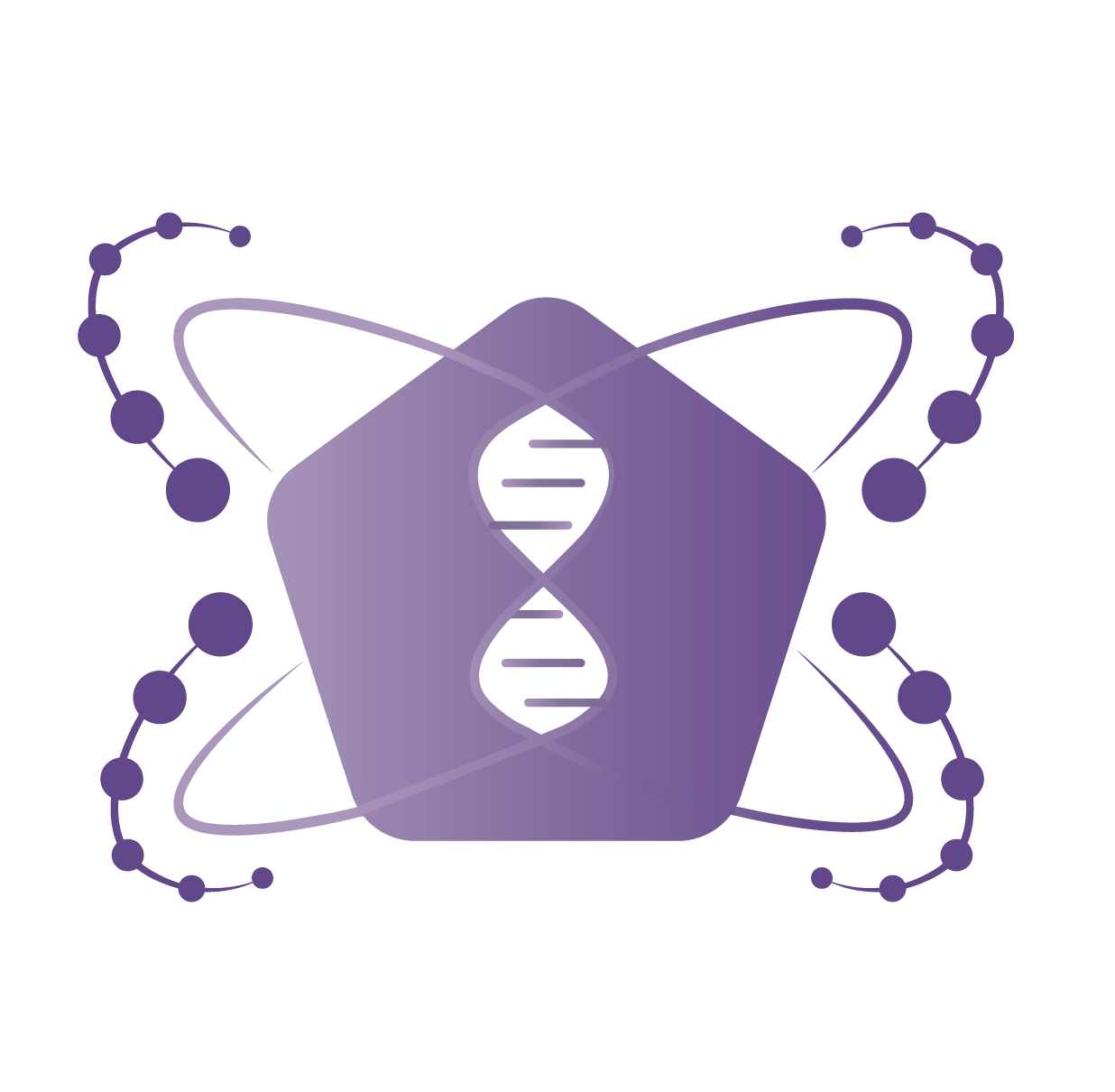Renata Wong Résumé
I am a research assistant professor for quantum computing at the Department of Artificial Intelligence, Chang Gung University. Before that, I was a postdoc in multidisciplinary quantum applications at the Physics Division, National Center for Theoeretical Sciences at the National Taiwan University.
Education
- Ph.D in Quantum Computing, Nanjing University, China
- M.Sc. in Computer Science, Leipzig University, Germany
- M.A. in Sinology, Warsaw University, Poland, and Leipzig University, Germany
- B.Sc. in Computer Science, Leipzig University, Germany
Relevant work experience
- 2026/02-present: Section Head
- International Technology Cooperation Section, Artificial Intelligence Research Center, Chang Gung University, Taiwan
- 2025/01-present: Assistant Research Fellow (joint appointment)
- Department of Neurology, Chang Gung Memorial Hospital, Keelung, Taiwan
- 2023/08-present: Research Assistant Professor of Quantum Computing and AI
- Department of Artificial Intelligence, Chang Gung University, Taoyuan, Taiwan
- Lab: Quantum AI Biomedical Research Lab
- 2021/11-2023/08: Postdoctoral Researcher in Multidisciplinary Quantum Applications
- Physics Division, National Center for Theoretical Sciences, National Taiwan University, Taiwan
- Thematic group: Quantum computing and interdisciplinary applications (TG1.1)
- Research advisor: Prof. Hsi-Sheng Goan (Department of Physics, National Taiwan University)
Professional certifications
Professional activities
Volunteering
- Qiskit Advocate at IBM Quantum (since 2021). Community member for promotion of IBM Quantum’s Qiskit IDE for quantum computing. My activities involve mentoring at IBM Quantum Challenges and Global Qiskit Summer Schools.
Projects
- Protein Structure Prediction with Grover’s Algorithm - AWS. My Python-Qiskit code implementing a quantum algorithm for protein structure prediction is now part of AWS Solutions Library ‘Quantum Computing Exploration for Drug Discovery on AWS’. See AWS GitHub documentation.
Reference paper: R Wong and WL Chang, ‘Quantum speedup for protein structure prediction’, IEEE Transactions on Nanobioscience 2021, doi: 10.1109/TNB.2021.3065051
Enhanced quantum autoencoders for anomaly detection - QHACK 2022. Our team Samras accomplished the following during QHACK 2022:
- Our team came in first in the Coding Challenge of QHack2022 out of more than 300 teams that participated in the Coding Challenge.
- We won the Best Experiment using Amazon Braket Challenge of the Open Hackathon
- We won the Hybrid Algorithms Challenge of the Open Hackathon
- We took the 3rd place in the Quantum Finance Challenge of the Open Hackathon
QHack is a hackathon centred around quantum computing and quantum machine learning organized by Xanadu.
Samras members: Michał Bączyk, Stephen DiAdamo, Ankit Khandelwal, Sean Mcilvane, Eraraya Ricardo Muten, Andrei Voicu Tomut and Renata Wong
Link to the Xanadu announcement of winners.
Research topics
- Quantum computing
- Quantum chemistry
- Quantum machine learning
- Foundations of physics
- Drug discovery
- Bioinformatics
Publications
See my Google Scholar profile (link in the menu on the left, or click on ‘Follow’ in smaller screens).
Working languages
- Native: Polish
- Advanced: English, German, Chinese
- Intermediate: Russian
- Rudimentary (currently learning): Spanish, French, Japanese, Swahili
